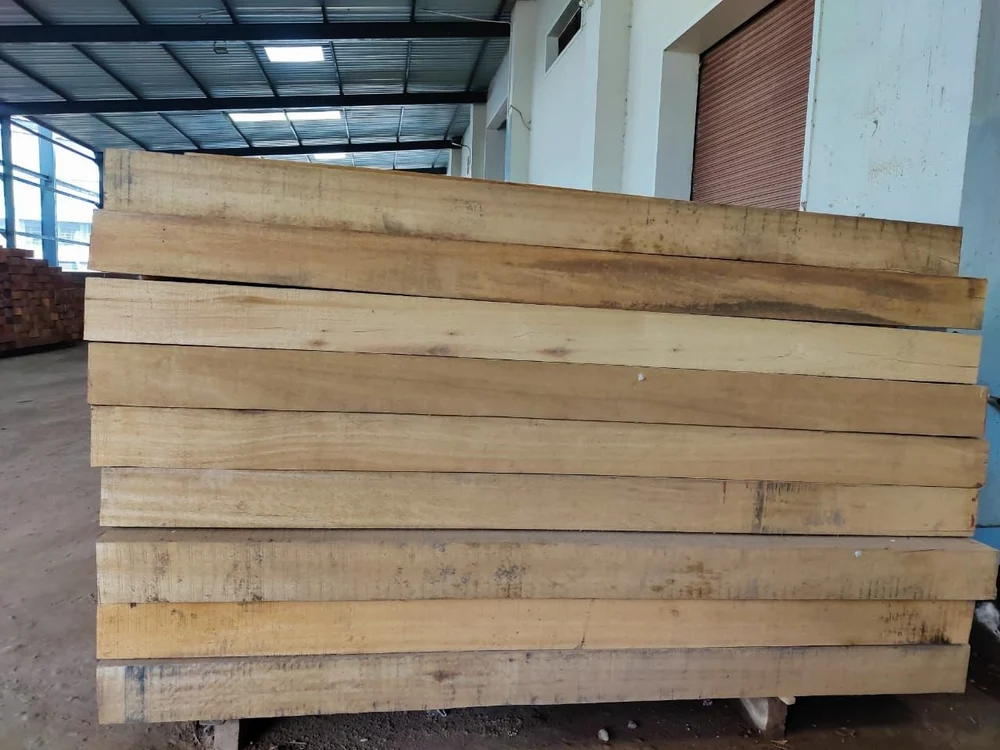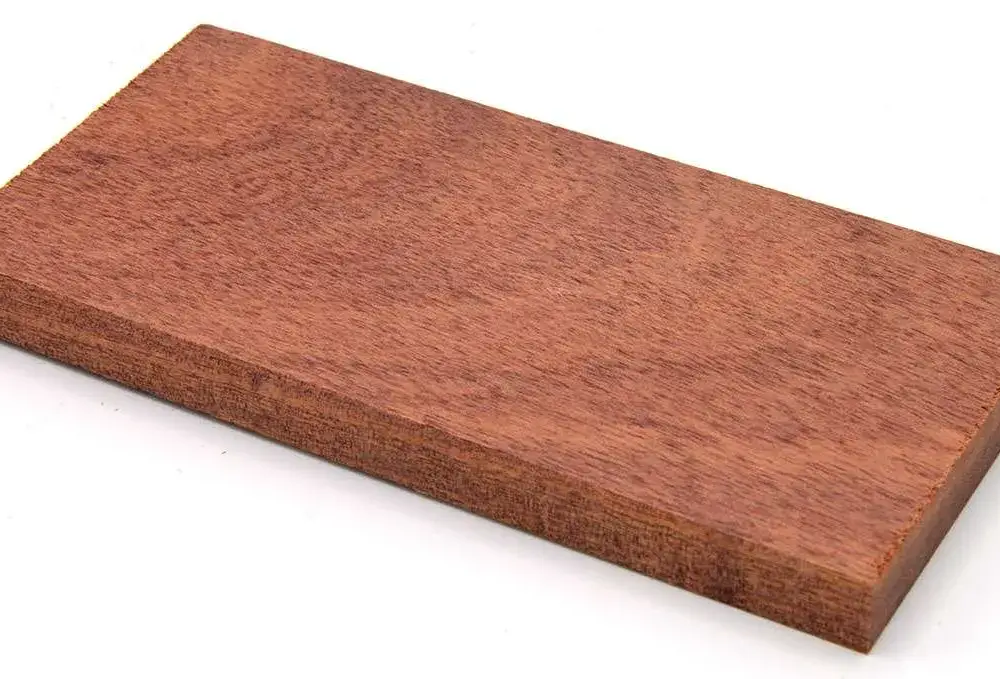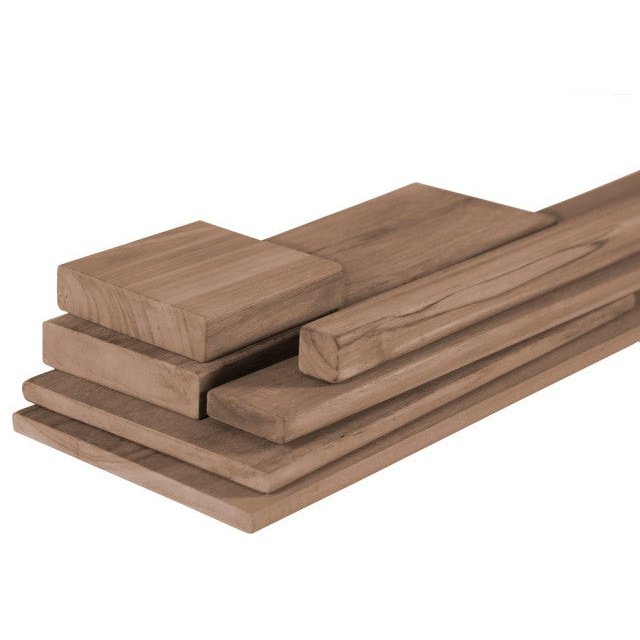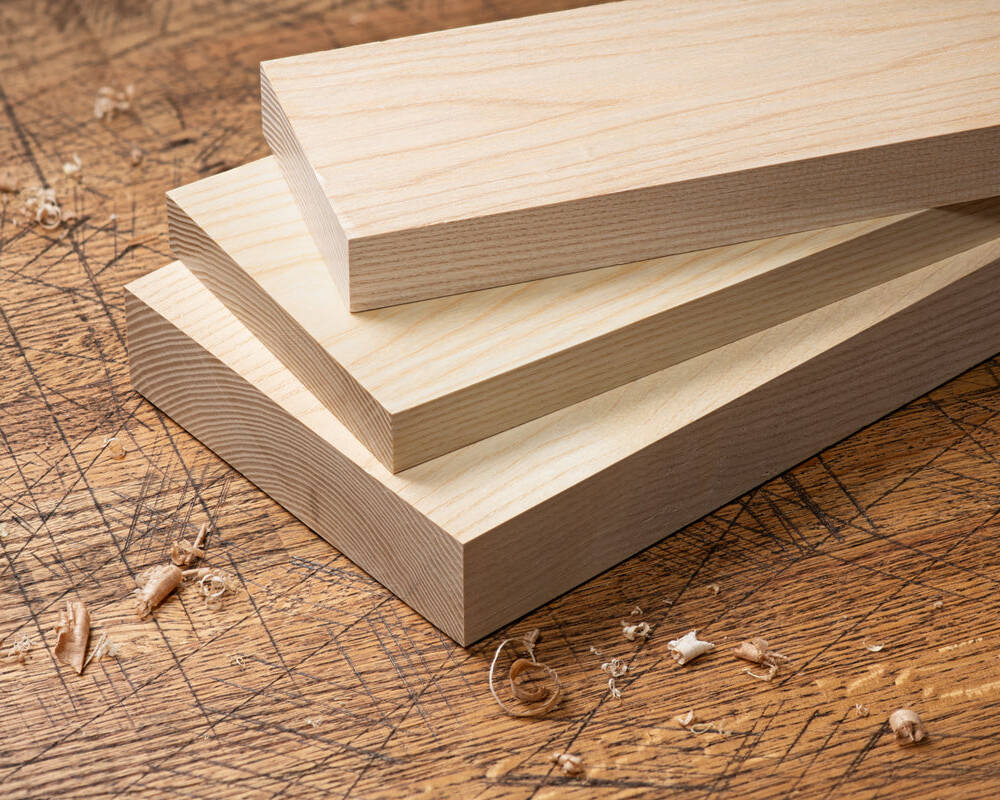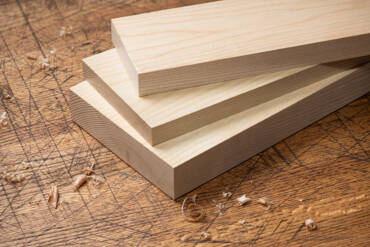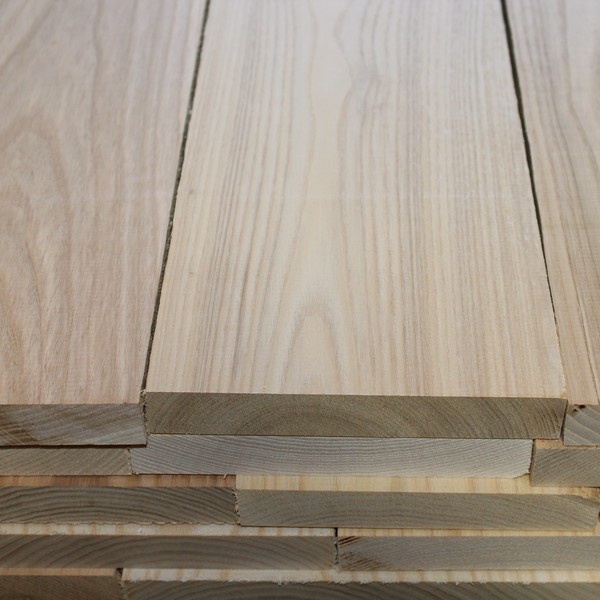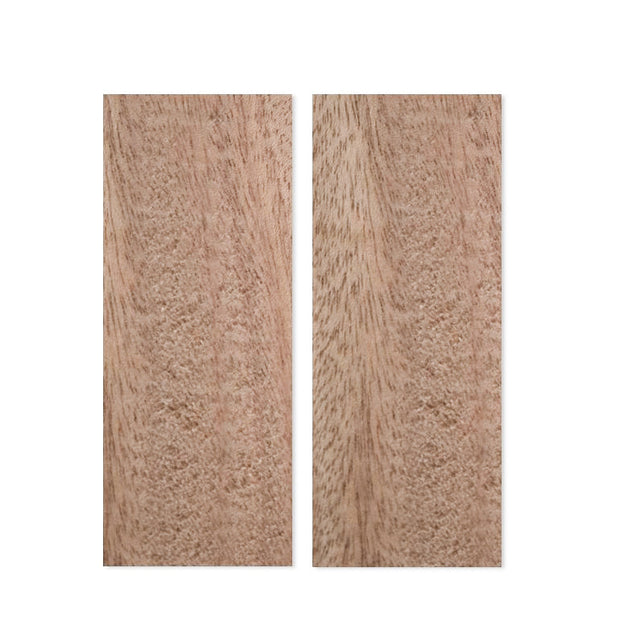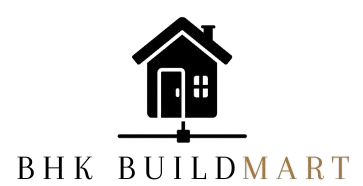1. General Description
• Scientific Name: Shorea spp.
• Common Names: Yellow Meranti, Gerutu,Damaretam,Marsawa
• Origin: Tropical rainforests in Southeast Asia, particularly in Malaysia.
• Appearance: Yellow Meranti has a pale yellow to light brown heartwood with a slightly lighter sapwood. The wood often features a straight or shallowly interlocked grain with a moderately coarse texture.
2. Sizes Available
• Boards/Planks:
o Commonly available in thicknesses ranging from 25 mm to 100 mm.
o Widths can vary between 100 mm and 300 mm.
o Lengths: Typically 2.1 meters to 6 meters.
• Sheets/Panels:
o Thickness: From 5 mm to 25 mm.
o Width and Length: Often 1220 mm x 2440 mm.
3. Quality Grades
• Select Grade: High-quality timber with minimal defects, used for fine furniture and interior applications.
• Standard Grade: Moderate defects allowed, commonly used for general construction purposes.
• Utility Grade: Timber with more noticeable imperfections, suitable for uses where appearance is less critical (e.g., formwork, rough construction).
4. Uses
• Construction: Framing, beams, columns, and flooring.
• Furniture: Cabinets, shelving, and joinery.
• Interior Finishing: Paneling, moldings, and door frames.
• Plywood and Veneer: Yellow Meranti is often used in plywood manufacturing.
5. Durability
• Yellow Meranti is moderately durable, but it is not very resistant to termites or rot. It is suitable for interior use or in areas where protection from moisture is ensured.
• A protective finish for outdoor use is recommended to increase longevity.
6. Workability
• Easy to work with using hand and machine tools, though care should be taken when working with interlocked grain to avoid tear-out.
• It holds nails and screws well but pre-drilling is recommended to prevent splitting.
• The wood sands well and effectively takes finishes, stains, and paints.
7. Sustainability
• Yellow Meranti is sourced from managed forests in Malaysia under the Forest Stewardship Council (FSC) or Malaysian Timber Certification Scheme (MTCS). These certifications ensure sustainable harvesting practices and support environmental conservation.
8. Physical Properties
• Density: Around 540 to 720 kg/m³, depending on the species and moisture content.
• Strength: Moderate strength, suitable for general construction and indoor applications.
• Shrinkage: Dimensional stability is fair, though care should be taken to allow for seasonal movement in service.
There are no reviews yet.

